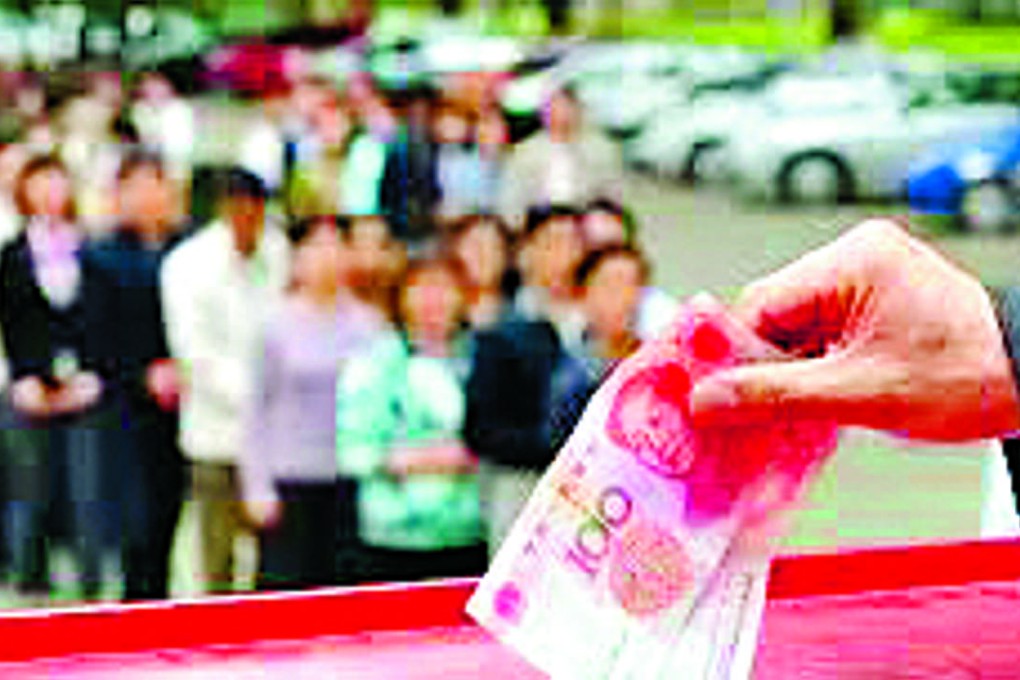Needy clauses: Would China’s proposed charity law be a gift to the disadvantaged?

One number speaks volumes about the present state of the “traditional Chinese virtue” of helping the poor.
Last year China ranked 144 among 145 countries for charitable behaviour in a survey by non-government organisation Charities Aid Foundation.
That’s despite the stellar growth in wealth across the country, to the point where China has world’s highest number of billionaires – 596 according to wealth-ranking Hurun Report – and the biggest middle class on the planet – 109 million according to financial service company Credit Suisse.
China’s top legislative body will on Wednesday begin deliberating the country’s first charity law, which some observers say could go some way to reversing that reluctance to give.
But others suggest that much more than a new law is needed to bring life to the third sector and unleash funds for needy causes.
And there’s no doubt that the need for charities is huge. China has more than 85 million disabled people who require help. Civil Affairs Minister Li Liguo said there were also 70 million rural people in poverty and 160 million elderly and “left-behind” children trying to survive on their own.